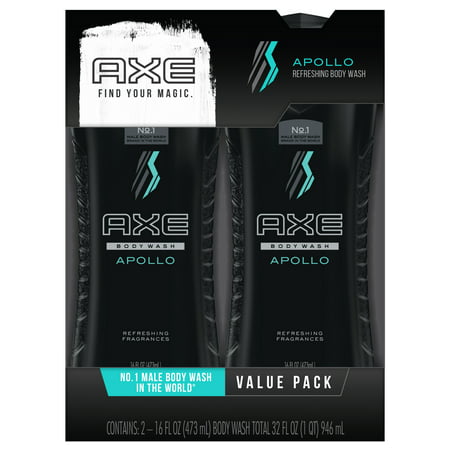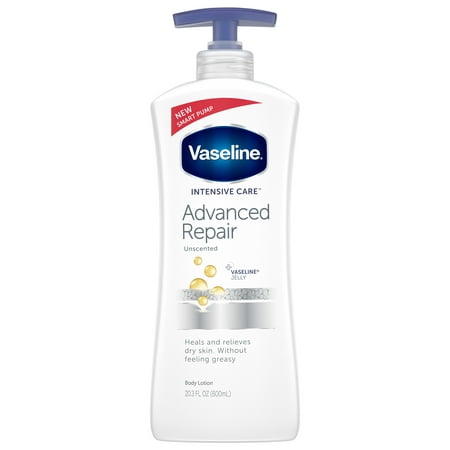Tom’s of Maine Prebiotic Moisturizing Natural Body Wash, Gentle Lavender, 16 oz.
Not all bacteria are bad for you. In fact, killing all bacteria may do more harm than good. Our Tom’s of Maine Prebiotic Natural Body Wash, with the prebiotic ingredient inulin, helps promote the growth of good bacteria. The sulfate-free**, dermatologist tested formula has a microbiome-friendly pH and retains skin’s natural moisture while helping to maintain a healthy skin barrier. At Tom’s of Maine, we use only ingredients that meet our Stewardship standards for natural, sustainable, and responsible ingredients to help empower families to live more naturally.






SUPPORT YOUR MICROBIOME: Contains one 16-ounce bottle of Tom’s of Maine Moisturizing Prebiotic Natural Body Wash in Gentle Lavender ScentRETAINS SKIN’S NATURAL MOISTURE: This prebiotic body wash helps keep skin in healthy balance by promoting the growth of good bacteria and retaining skin’s natural moistureSMELLS GREAT: Cleanse skin with Tom’s of Maine Moisturizing Body Wash, and enjoy the relaxing Gentle Lavender scentPARABEN-FREE & MOISTURIZING: This paraben-free body wash is a gentle dermatologist-tested formula with a microbiome-friendly pH, so it won’t dry out your skinNATURAL & RESPONSIBLE: Tom’s of Maine Natural Body Wash contains no artificial fragrances, preservatives or foaming agents and is not tested on animals





Reviews
There are no reviews yet.